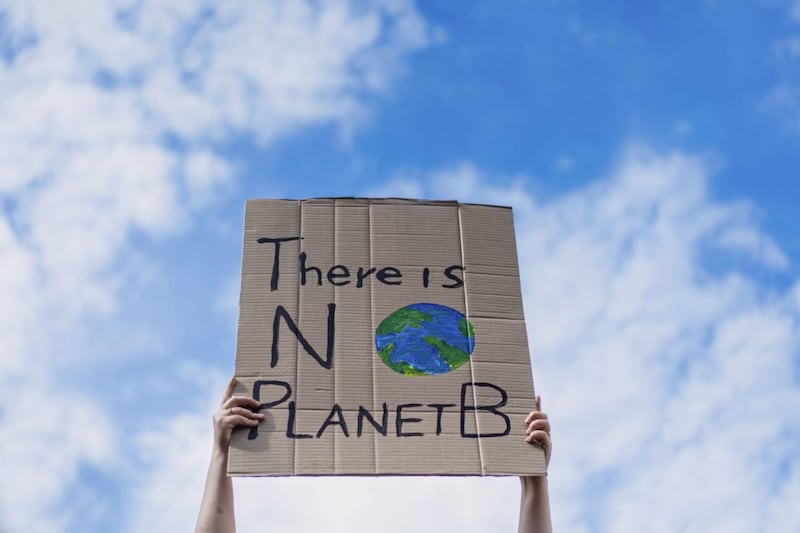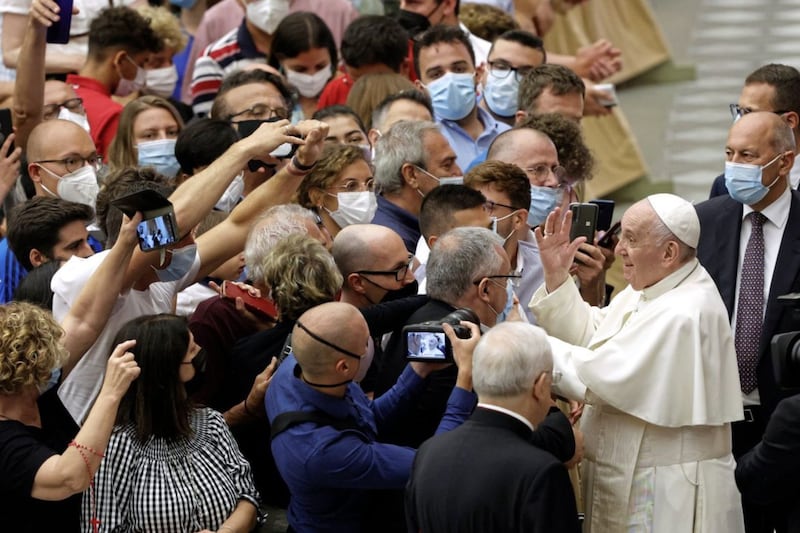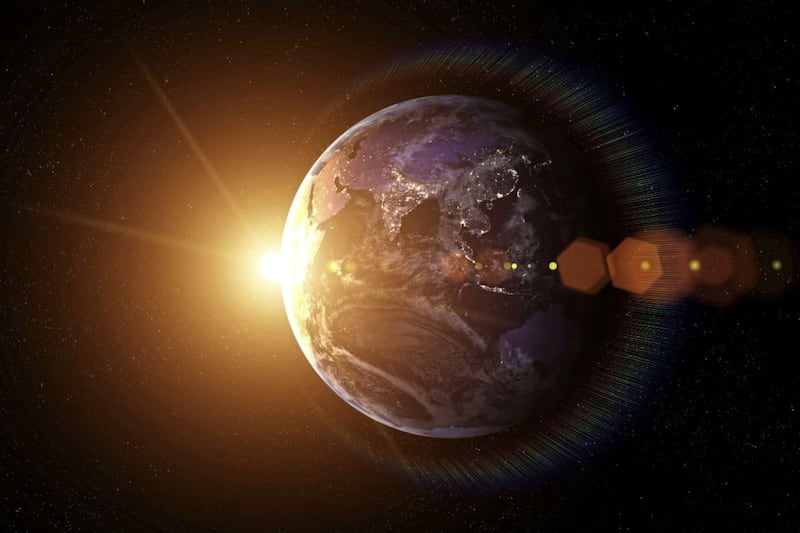EASTER is the focal point of the Christian year, marking the ultimate event in the transcendent mystery of the Creator God.
The Christian faithful recognise the deep meaning and impact of prayerful contact with God, which helps us to answer important questions concerning where we came from, where we are going and our role in salvation.
One question which Easter addresses is, "Where did God come from?"
The Christian faith explains this elegantly, firstly by recognising that God is pure spirit and the ultimate source of time, space and matter.
Time, space and matter are what we call a continuum, all of which have to come into existence at the same instance.
Because if there were matter but no space, where would you put it? If there were matter and space but no time, when would you put it? If there were space and time but no matter, what would there be?
In the last case, you may think that we could have empty space, but scientists have found this is impossible.
You cannot have time, space or matter independently. They must come into existence at the same time.
The Bible addresses this mystery in its very first eight words: "In the beginning (time), God created heaven (space) and earth (matter)" (Genesis 1:1).
Knowing that God created the universe and everything in it, we are brought to the wonderful thought that our origin is derived from God's creative gift of love.
Being open to the transcendent mystery of existence leads us to appreciate the power of prayer.
In prayer, we raise our mind and heart to God and enter into the eternal realm, uniting ourselves to the God of love who is, was and ever shall be.
Through Baptism we are filled with the Holy Spirit, joining in the divine nature of Jesus Christ and, as St Peter proclaims, becoming "partakers of the divine nature" (2 Peter 1:4).
The result is that we are given unique access to the eternal realm, explaining why Catholics pray for the faithful departed.
You cannot have time, space or matter independently... The Bible addresses this mystery in eight words: 'In the beginning (time), God created heaven (space) and earth (matter)'
It follows that our intercessory prayers on behalf of others are the ultimate expression of charity. Praying is a truly life-giving, Easter activity.
The ultimate connection between human beings and God is Christ, because Christ is the bridge between time and eternity.
Out of his love for us, God stepped into our reality of 'space-time' by sending Christ.
We stepped into the reality of God's 'spaceless and timeless' eternity through our baptismal faith in Christ.
All of us, therefore, are part of the body of Christ and have special power through the exercise of our faith in prayer, especially at the Mass.
Our faith and the events of Easter remind us that we do not exist independently.
Instead, we depend fundamentally on another - namely, the creative Spirit of God: "The Spirit alone gives eternal life... And the very words I have spoken to you are spirit and life" (John 6:63).
Jesus is risen - this is very good news, and worth celebrating.
Dr Brian Wilson grew up in Ballymena, Co Antrim, completed undergraduate studies in Chemistry at Imperial College London and holds a PhD in Organic Chemistry from the University of Oxford.








